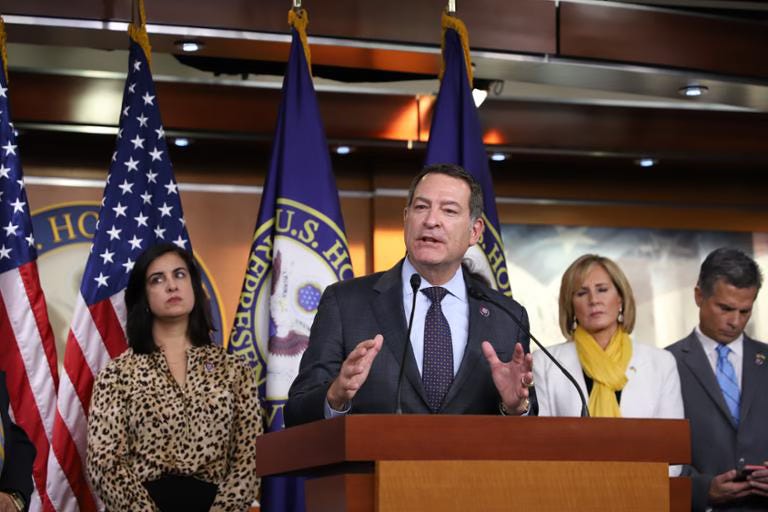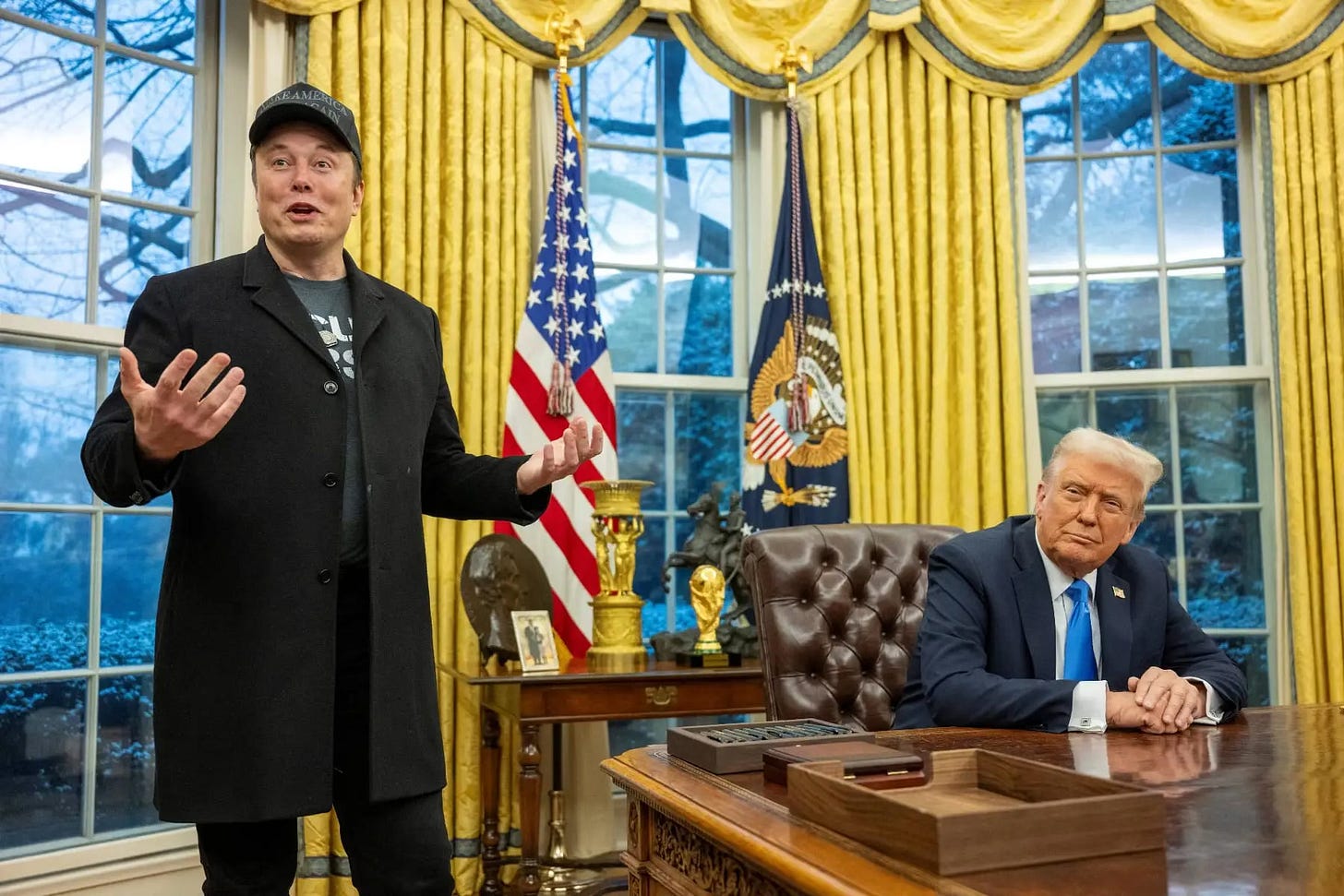Breaking Down Barriers: Bipartisan Bill Seeks Reform of Medicare's Prior Authorization
New legislation from Rep. Mark Green aims to simplify healthcare decisions, but ideological opposition remains
What is Prior Authorization, and Why Does It Matter?
Prior authorization is a process used by insurance companies, including Medicare Advantage and Medicare Part D plans, to decide whether they will cover certain treatments or medications. Intended to control costs and ensure medical necessity, it often requires doctors and patients to obtain approval from insurers before accessing critical treatments. However, it has become highly controversial, as critics argue it delays essential care and interferes with decisions best left to medical experts.
Real-World Impact: Patients and Doctors Affected
For many patients, especially seniors relying on Medicare Advantage, prior authorization can lead to delays in receiving necessary treatments, medications, and diagnostic tests. Physicians often report frustration and administrative burdens, spending significant time and resources navigating bureaucratic processes instead of providing patient care. In some cases, delays have led to worsening conditions, unnecessary hospitalizations, or increased stress and financial strain on patients and their families.
Bipartisan Cooperation: A Rare Moment in Congress
In a notable bipartisan effort, Rep. Mark Green (R-Tenn.) introduced a bill this week aiming to simplify or eliminate prior authorization in Medicare, Medicare Advantage, and Part D prescription drug plans. The bill proposes that only specialty board-certified physicians should make critical treatment authorization decisions—effectively returning medical judgments to doctors rather than insurers.
Green’s initiative has attracted support from both sides of the aisle, highlighting how broadly unpopular prior authorization has become. Lawmakers recognize this as a clear issue where bureaucracy is hurting patients and providers alike, allowing them to find rare common ground.
Potential Opposition: Ideology and Misconceptions
Despite strong bipartisan backing, this legislation could face resistance from influential voices opposed to expanding or even maintaining public healthcare programs. Figures such as Elon Musk have criticized government-supported healthcare initiatives, labeling them as "entitlements," ignoring the fact that programs like Medicare are funded through taxpayer contributions over decades.
This opposition typically argues against reforms that might increase costs or government involvement. They might mischaracterize the bill as an unnecessary expansion of government control, even though it merely restores decision-making authority to qualified medical professionals rather than bureaucrats or insurance companies.
The Broader Debate: Healthcare as a Right vs. Commodity
This legislation underscores a larger ideological struggle about healthcare in America: is it fundamentally a right or merely another market commodity? Supporters argue that healthcare decisions should be medically driven, prioritizing patient care over profits and administrative convenience. Opponents often view healthcare through a purely economic lens, fearing any regulatory change as government interference or potential economic inefficiency.
The bipartisan support behind this bill signals that the tide may be shifting toward recognizing healthcare not just as an economic transaction but as a vital social good essential for individual and community well-being.
Final Reflection: Balancing Rights and Realities
The bipartisan push to reform prior authorization represents a meaningful step toward improving healthcare quality and accessibility. Yet, the debate surrounding the bill reveals ongoing tensions between ideological purity and practical healthcare needs. How America resolves this debate will determine not only the future of Medicare but the broader principles underlying healthcare delivery nationwide.




